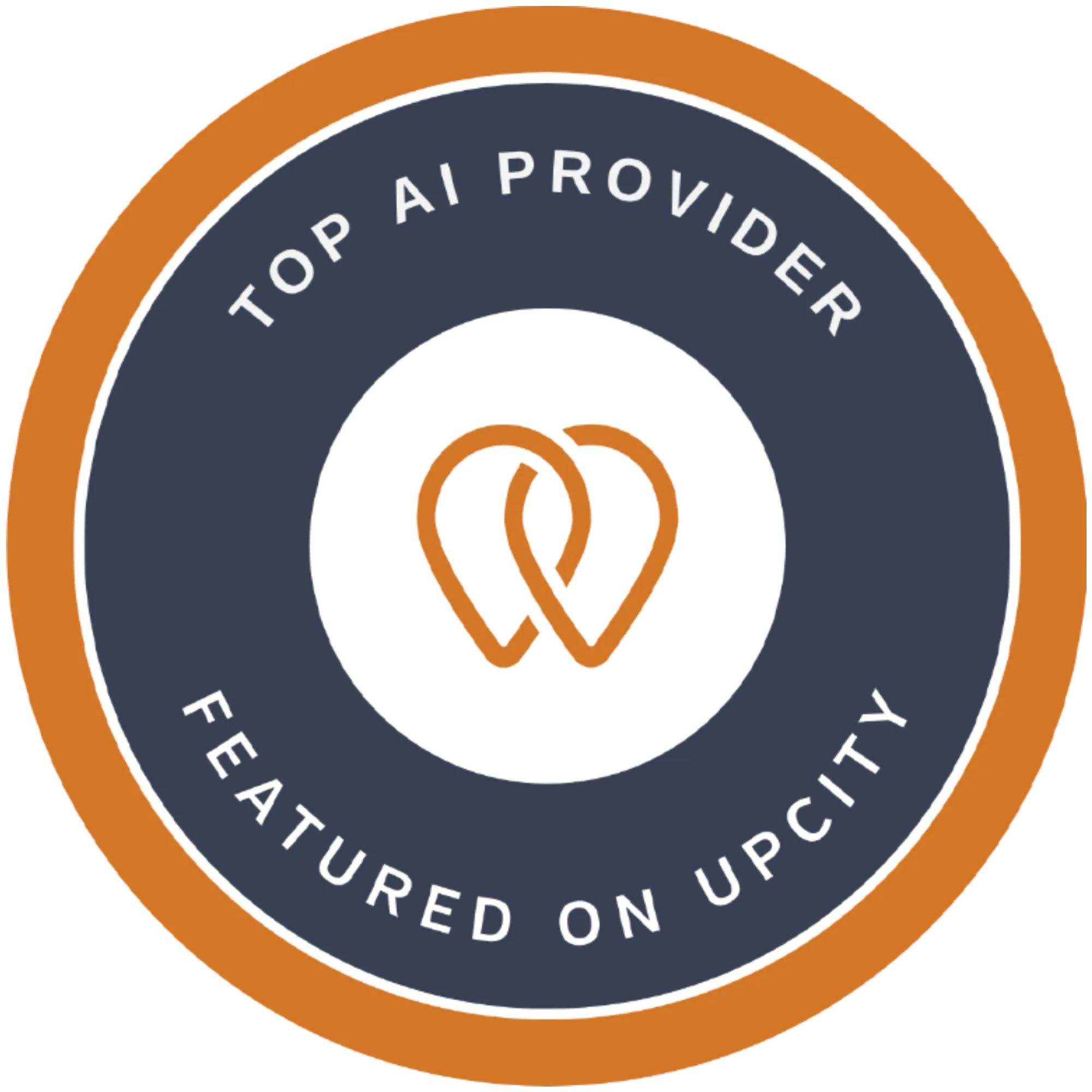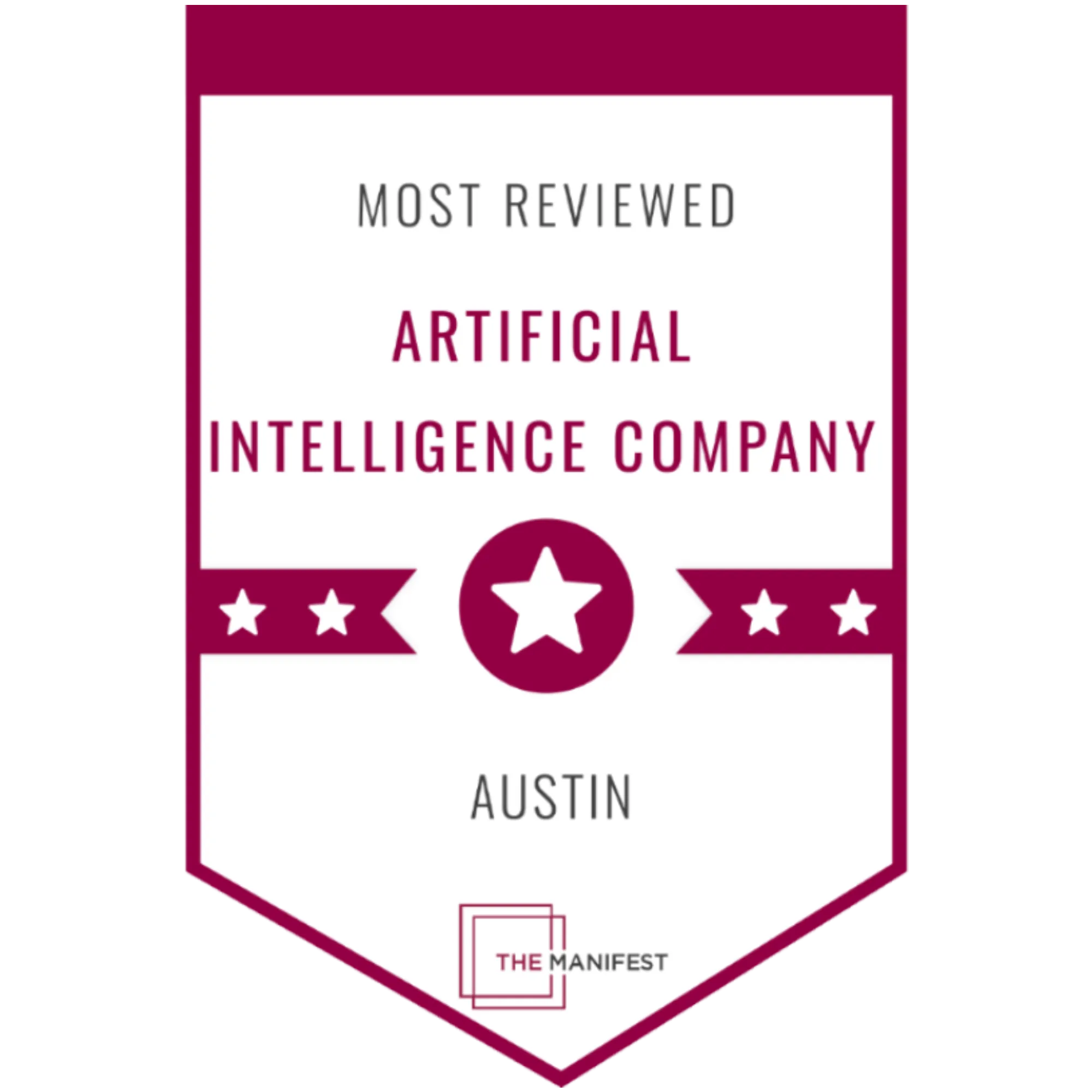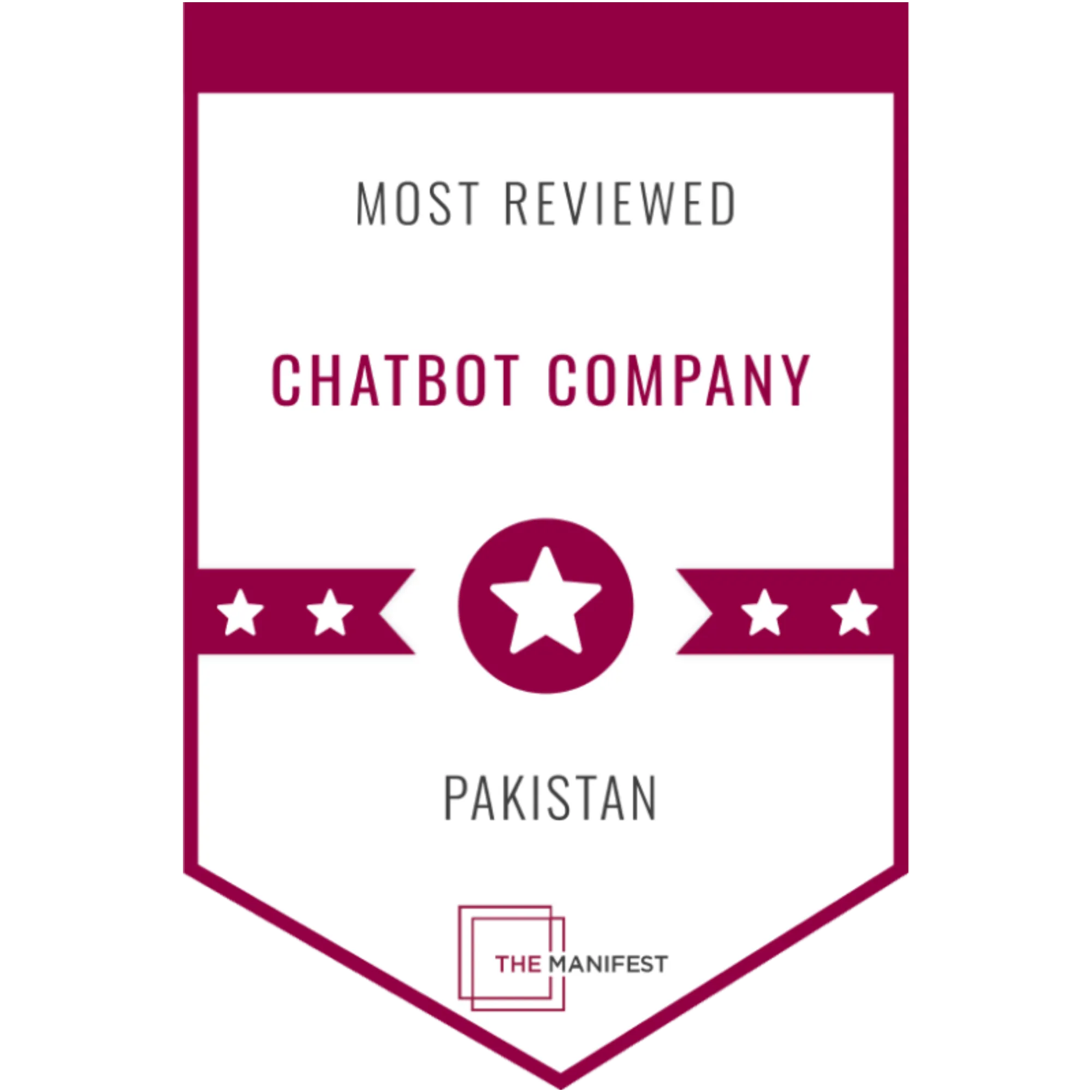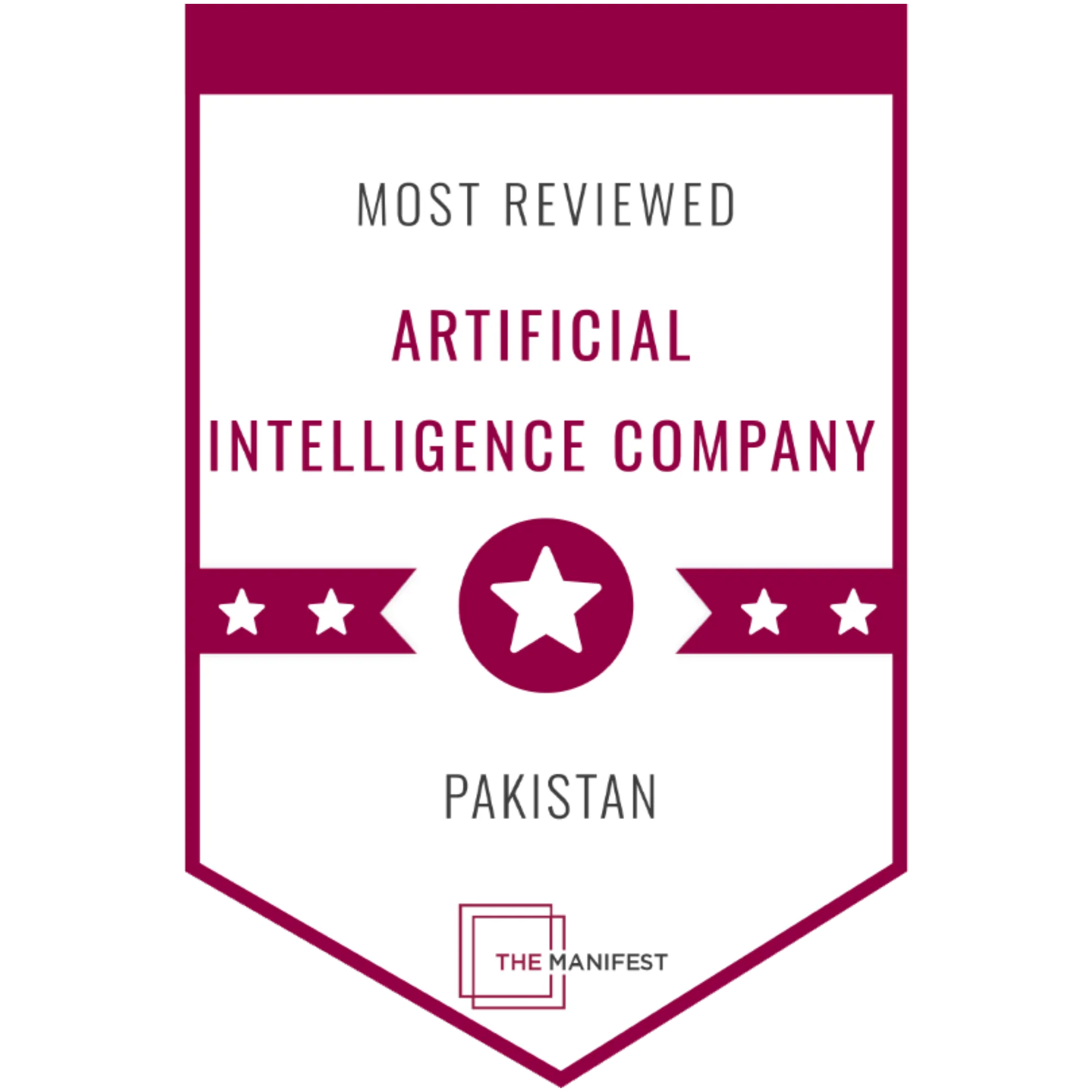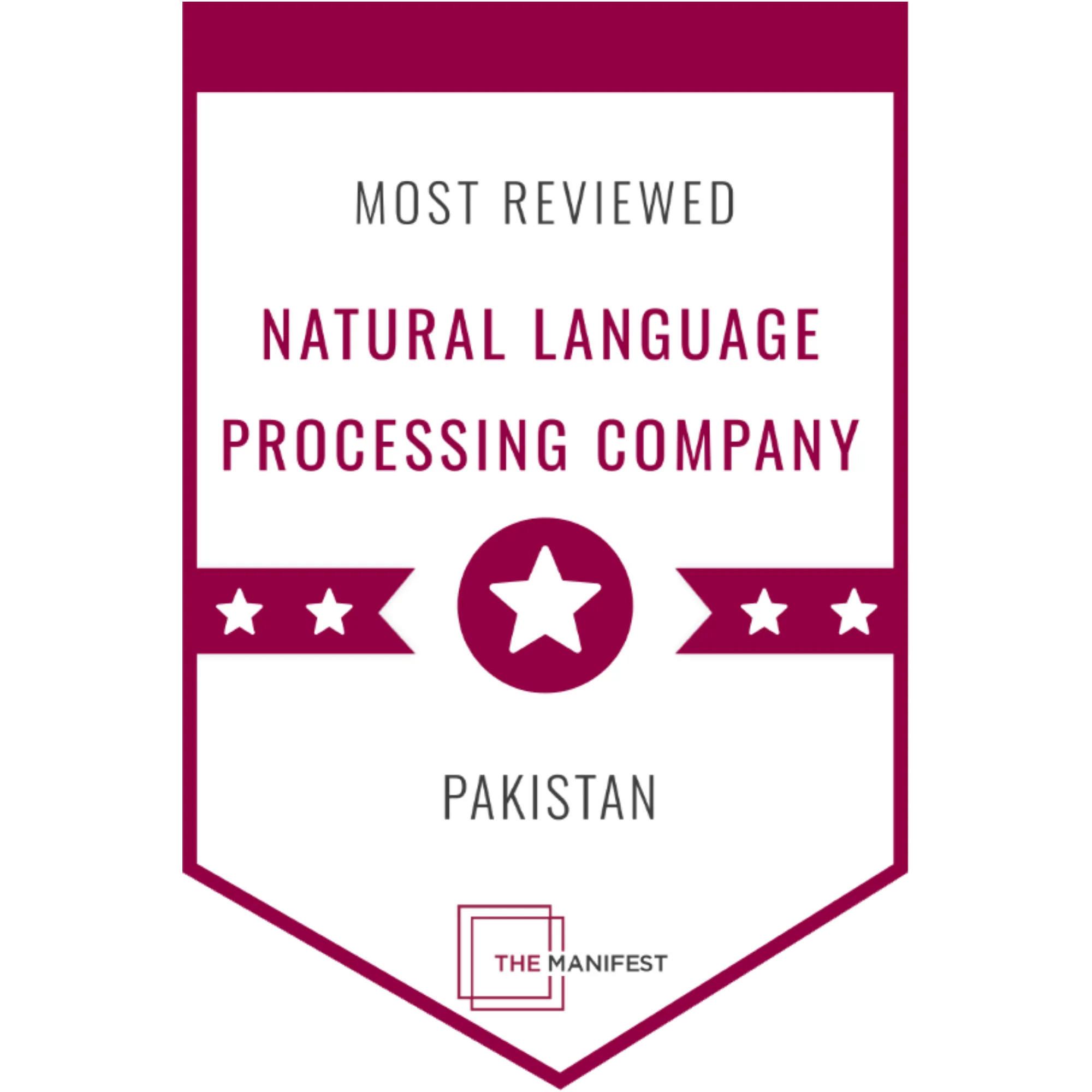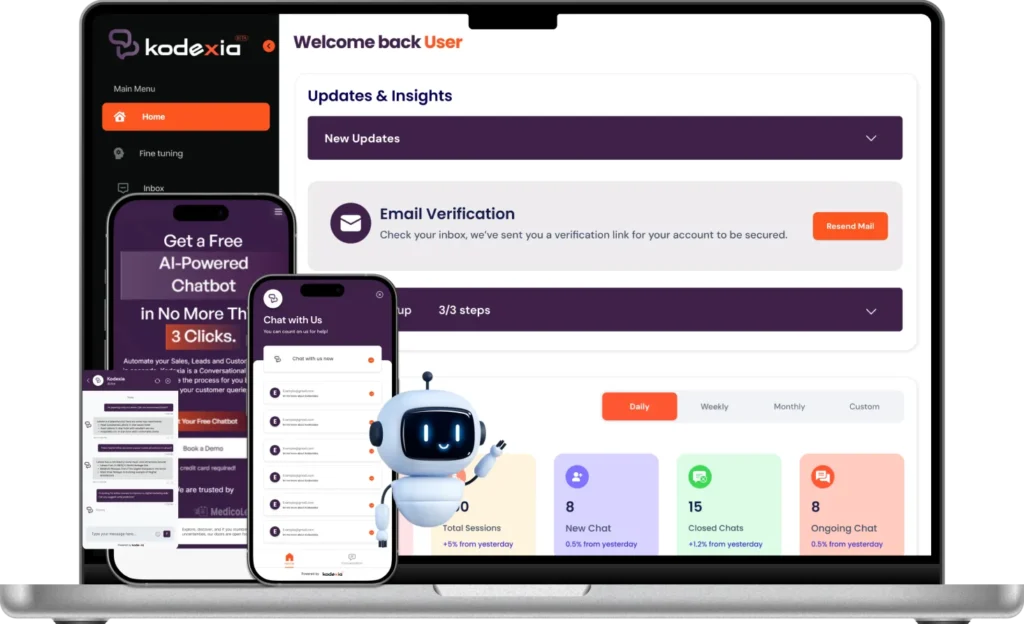AI in Healthcare Logistics Automation – Healthcare Supply Chain Management Made Easy By AI
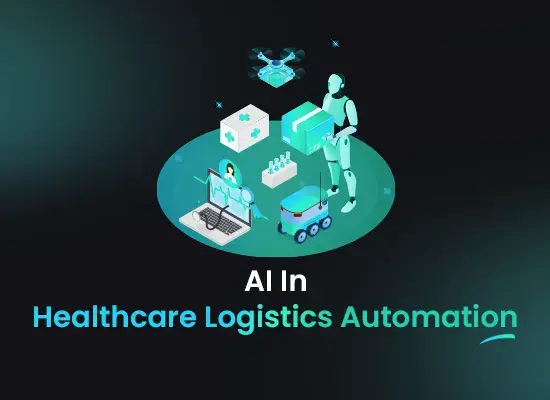
Contents
The ever-growing complexity of healthcare logistics demands innovative solutions. Here, Artificial Intelligence (AI) is emerging as a game-changer, automating tasks and optimising processes. From intelligent inventory management to predictive demand forecasting, AI is transforming how healthcare facilities manage their supply chains, leading to increased efficiency, reduced costs, and ultimately, improved patient care.
What is Healthcare Supply Chain Management?
Healthcare supply chain management is an intricate system that oversees the entire flow of goods, information, and services within the healthcare industry. It encompasses everything from the procurement of medical supplies and pharmaceuticals to their distribution to hospitals, clinics, and ultimately, patients. This complex network of interconnected players requires meticulous planning, coordination, and efficient logistics to ensure the right supplies are delivered to the right place at the right time.
Logistics efficiency is paramount in healthcare supply chain management. Delays or stockouts of critical medical equipment or medication can have severe consequences for patient care. Here’s where logistics automation comes in. By implementing automated inventory management systems and integrating them with logistics providers, healthcare organisations can streamline ordering processes, optimise stock levels, and ensure timely deliveries. This not only reduces costs but also minimises the risk of stockouts and disruptions in patient care.
Logistics management systems play a vital role in healthcare supply chain management. These software solutions provide a centralised platform for managing inventory, tracking shipments, and automating workflows. LLMs enhance visibility across the entire supply chain, enabling healthcare providers to make data-driven decisions about procurement, distribution, and resource allocation. This not only improves efficiency in logistics but also fosters better collaboration between different stakeholders within the healthcare supply chain.
In conclusion, healthcare supply chain management is a critical function that ensures the smooth operation of healthcare delivery systems. By prioritising efficiency in logistics through automation and utilising advanced LLMs, healthcare organisations can optimise their supply chains, reduce costs, and ultimately, deliver better patient care.

What is the Role of AI in Healthcare Supply Chain Management?
The healthcare industry relies heavily on efficient and effective logistics in its supply chain management (LLMs in supply chain). From bandages and syringes to life-saving medications and advanced medical equipment, a constant flow of supplies is crucial for delivering quality patient care. However, traditional logistics in healthcare often face challenges in maintaining efficiency due to complex procedures, fluctuating demand, and the critical nature of the products. This is where Artificial Intelligence (AI) steps in, offering a revolutionary approach to healthcare supply chain management.
AI is transforming logistics automation in the healthcare sector by leveraging its immense data analysis capabilities. By crunching vast amounts of historical data on usage, deliveries, and external factors, AI can predict demand fluctuations with greater accuracy. This empowers healthcare providers to optimise inventory levels, preventing stockouts and ensuring critical supplies are always available. Additionally, AI development can analyse supplier performance, identifying reliable partners and optimising procurement processes. This not only improves efficiency in logistics but also reduces costs associated with unnecessary stockpiling or delays.
Furthermore, AI plays a crucial role in risk management within healthcare supply chain management. By analysing real-time data on weather patterns, geopolitical events, and potential disruptions, AI can proactively identify potential risks that could hinder deliveries. This allows healthcare institutions to implement contingency plans and secure alternative sources for critical supplies, minimising the impact of unforeseen circumstances. Ultimately, AI in logistics automation empowers healthcare supply chains to become more agile, resilient, and cost-effective, ensuring a seamless flow of vital supplies to improve patient care.
What are 10 Benefits of Using AI for Logistics Automation?
The world of logistics is undergoing a revolution, driven by the ever-increasing power of artificial intelligence (AI). Logistics automation, the use of technology to streamline and optimise logistics processes, is being significantly enhanced by AI capabilities. This integration is particularly impactful in the critical field of healthcare supply chain management. Here, efficient and reliable delivery of vital medical equipment and supplies is paramount to patient care. AI offers a plethora of benefits for logistics automation, leading to a new era of efficiency in healthcare logistics. Here are 10 key advantages that AI and machine learning development brings to the table:

1- Enhanced Decision-Making:
AI can analyse vast amounts of data related to healthcare supply chains, including inventory levels, demand forecasts, and transportation routes. This empowers logistics providers to make better-informed decisions on resource allocation, stockpiling critical supplies, and optimising delivery routes for faster response times.
2- Improved Inventory Management:
AI-powered systems can track inventory levels in real-time, minimising stockouts and ensuring the availability of essential medical supplies. This not only reduces costs but also prevents disruptions in healthcare delivery.
3- Predictive Maintenance:
AI algorithms can analyse sensor data from vehicles and warehouse equipment to predict potential maintenance needs. This proactive approach to maintenance reduces downtime, keeps logistics operations running smoothly, and ensures timely delivery of healthcare supplies.
4- Optimised Route Planning:
AI can take into account various factors like traffic patterns, weather conditions, and fuel efficiency to create the most efficient delivery routes for medical supplies. This not only reduces transportation costs but also ensures faster delivery times, which is crucial in healthcare settings.
5- Enhanced Warehouse Management:
AI-powered warehouse management systems (WMS) can automate tasks such as picking, packing, and sorting of medical supplies. This not only improves accuracy and efficiency but also frees up human workers to focus on more complex tasks.
6- Streamlined Order Processing:
AI chatbot development can help handle routine order inquiries from healthcare providers, freeing up human customer service representatives to address more complex issues. This improves the overall responsiveness of logistics providers in the healthcare supply chain.
7- Demand Forecasting:
AI can analyse historical data and market trends to forecast demand for medical supplies. This allows logistics companies to anticipate needs and ensure they have adequate stock on hand, reducing the risk of stockouts and delays in healthcare delivery.
8- Fraud Detection:
AI can be used to analyse purchasing patterns and identify suspicious activity within the healthcare supply chain. This helps prevent fraud and ensures the integrity of the supply chain for medical supplies.
9- Improved Visibility and Transparency
AI-powered logistics management systems provide real-time visibility into the location and status of medical supplies throughout the supply chain. This transparency allows for better coordination and communication between all stakeholders involved, leading to a more efficient and responsive healthcare supply chain.
10- Enhanced Patient Care:
Ultimately, the benefits of AI-powered logistics automation in healthcare supply chain management translate to improved patient care. By ensuring the timely and efficient delivery of critical medical supplies, AI contributes to better patient outcomes and a more robust healthcare system.
In conclusion, AI is not just a buzzword in logistics automation; it’s a game-changer, particularly in the realm of LLMs in supply chain and logistics in healthcare. By leveraging the power of AI, logistics providers can create a more efficient, reliable, and ultimately life-saving healthcare supply chain.
What is the Role of AI in Logistics Efficiency for Healthcare?
The healthcare industry relies heavily on a complex and vital network – the healthcare supply chain. This network ensures the timely delivery of medicine, equipment, and other critical supplies to hospitals, clinics, and patients. Even minor disruptions in this chain can have serious consequences. This is where Artificial Intelligence (AI) steps in, playing a transformative role in logistics efficiency for healthcare.
AI is revolutionising healthcare logistics by enabling logistics automation. Repetitive tasks like order processing, inventory management, and route optimization can be streamlined through AI algorithms. These algorithms can analyse vast amounts of data to predict demand for specific supplies, automate order placement, and identify the most efficient delivery routes. This not only reduces human error but also frees up valuable time for healthcare professionals to focus on patient care.
Efficiency in healthcare logistics is paramount. Delays in receiving critical supplies can impact patient outcomes and disrupt hospital operations. AI-powered logistics in healthcare can address this by providing real-time insights into inventory levels, shipment tracking, and potential disruptions. Predictive analytics can anticipate fluctuations in demand and potential stockouts, allowing healthcare providers to proactively manage their inventory and ensure uninterrupted supply.
Furthermore, AI can play a crucial role in LLMs in supply chain management for healthcare. LLMs, or Large Language Models, can process vast amounts of healthcare data and regulations. They can be used to identify potential regulatory hurdles in the supply chain and suggest solutions to ensure compliance. This not only streamlines the flow of goods but also mitigates risks associated with non-compliance.
In conclusion, AI is rapidly transforming healthcare logistics. By enabling logistics automation, improving efficiency in logistics, and optimising LLMs in supply chain management, AI is ensuring a more robust and responsive healthcare supply chain. This translates to improved patient outcomes, reduced costs, and a more efficient healthcare system overall.
How can Machine Learning Operations (MLOps) help healthcare by Logistics Automation?
The healthcare industry relies heavily on an intricate and efficient logistics network. From managing medical supplies and pharmaceuticals to delivering critical lab samples, logistics in healthcare plays a vital role in ensuring timely and accurate patient care. However, traditional logistics systems often face challenges such as manual processes, human error, and inefficient workflows. This is where Machine Learning Operations (MLOps) steps in to revolutionise healthcare supply chain management. MLOps refers to the practice of putting machine learning models into production. By applying MLOps principles to logistics automation in healthcare, significant improvements can be achieved. Here’s how:
1- Enhanced Logistics Efficiency:
Machine learning algorithms can be trained on historical data to predict demand for specific medical supplies across various departments. This allows for optimised inventory management, preventing stockouts and overstocking. MLOps facilitates the deployment and monitoring of these models, ensuring they continuously learn and adapt to changing demand patterns, ultimately leading to improved logistics efficiency.
2- Predictive Maintenance:
MLOps can be leveraged to implement predictive maintenance strategies for medical equipment. Machine learning models can analyse sensor data to identify potential equipment failures before they occur. This proactive approach minimises downtime, ensures uninterrupted delivery of medical supplies, and streamlines overall logistics in healthcare.
3- Route Optimization:
MLOps empowers the creation and deployment of AI-powered route optimization models. These models analyse real-time traffic data, weather conditions, and delivery schedules to determine the most efficient delivery routes for medical supplies, lab samples, or even patient transportation within a healthcare facility. This not only reduces delivery times but also minimises fuel consumption and operational costs, leading to a more optimised healthcare supply chain management system
4- Improved Inventory Management:
MLOps can be used to automate inventory management tasks like order placement and restocking. Machine learning models can analyse historical data and predict future demand for medical supplies. This information can be used to trigger automated purchase orders, ensuring that vital supplies are always readily available, minimising stockouts, and preventing delays in patient care.
By integrating MLOps with logistics automation in healthcare, healthcare institutions can achieve significant improvements in efficiency, accuracy, and cost-effectiveness. This translates to a more streamlined healthcare supply chain management system, ultimately benefiting patients by ensuring timely access to the critical supplies and treatments they need.
How are LLMs in Supply Chain Useful?
The world of logistics is undergoing a revolution, and at the forefront of this change is a technology called Large Language Models (LLMs). LLMs are essentially super-powered AI models trained on massive amounts of data, allowing them to analyse, understand, and even generate human-like text. This capability is proving to be immensely valuable in the complex realm of supply chains, particularly in the crucial sector of healthcare supply chain management.
Logistics in healthcare is a delicate dance. Delivering life-saving medications, equipment, and supplies on time and in pristine condition is paramount. However, traditional logistics automation often struggles with the nuances of healthcare-specific needs. Here’s where LLMs in supply chain come in. By analysing vast amounts of data on everything from weather patterns and traffic conditions to product perishability and regulatory compliance, LLMs can predict potential disruptions and optimise efficiency in logistics. This allows for proactive decision-making, ensuring healthcare facilities receive the supplies they need, when they need them.
Imagine an LLM system constantly monitoring real-time logistics data. It can identify potential delays in shipments of vital medications due to unexpected weather events. The LLM can then automatically reroute the shipment through alternative channels, minimising disruption and ensuring timely delivery. This kind of intelligent automation offered by LLMs in supply chain has the potential to revolutionise healthcare supply chain management, saving lives and improving patient outcomes.
The benefits of LLMs in supply chain extend beyond just healthcare. LLMs can be used to optimise logistics networks across all industries, leading to significant cost reductions and improved overall efficiency. They can analyse historical data to predict demand fluctuations, allowing businesses to optimise inventory levels and avoid stockouts. Additionally, LLMs can be used to automate tasks such as contract review and risk management, freeing up human resources to focus on more strategic initiatives.
While LLMs in supply chain are still a developing technology, their potential to transform logistics automation is undeniable. As LLMs continue to evolve and become more sophisticated, we can expect to see even more innovative applications emerge, leading to a future where supply chains are not just efficient, but also intelligent and adaptable.
What is the Role of Generative AI in Logistics Automation?
Generative AI is rapidly transforming the logistics landscape, automating tasks and optimising processes in a way never seen before. This branch of artificial intelligence goes beyond simple analysis. It can take the insights gleaned from massive datasets and use them to generate creative solutions, predictions, and even entirely new content. This unique ability is revolutionising logistics automation in several key areas.
One of the most significant contributions of generative AI is in optimising the flow of goods. By analysing historical data on things like traffic patterns, weather conditions, and customer behaviour, generative AI development can help suggest the most efficient routes for deliveries. This not only reduces transportation costs but also ensures faster delivery times, keeping customers satisfied. Generative AI integration can even be used to strategically select warehouse locations, considering factors like proximity to transportation hubs and customer base. This translates to smoother inventory management and streamlined logistics operations.
How to Use AI Algorithms for Logistics Efficiency?
The world of logistics thrives on efficiency. Every second saved translates to faster deliveries, happier customers, and a more streamlined operation. Artificial intelligence (AI) algorithms are emerging as powerful tools to optimise logistics processes, reducing costs and improving overall performance. But how exactly can you leverage AI for logistics efficiency? Let’s break it down into four key steps:
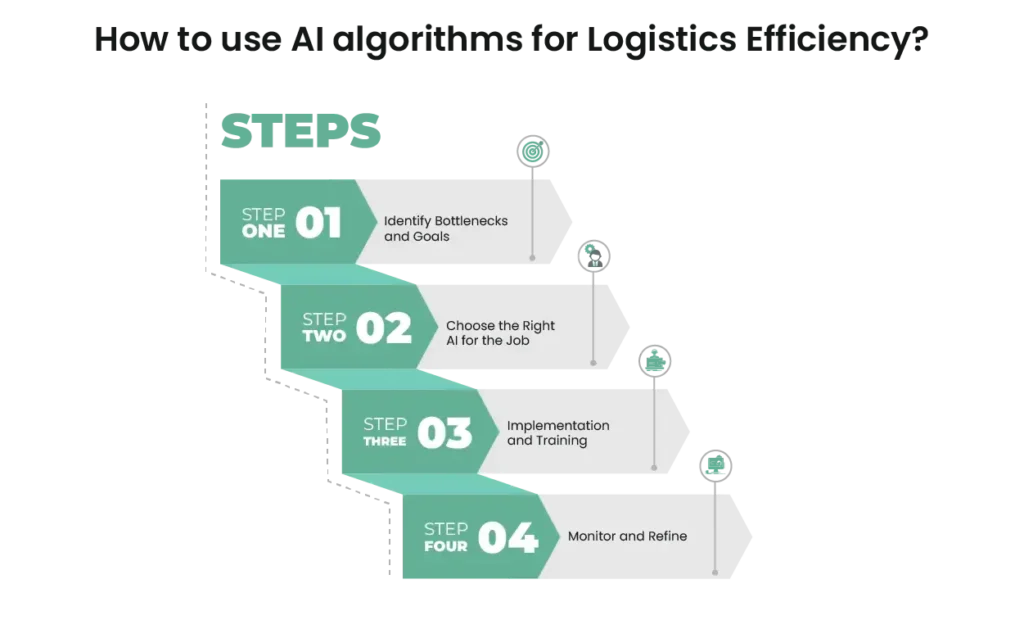
Step 1: Identify Bottlenecks and Goals:
The first step is understanding your current logistics landscape. Analyse your operations and pinpoint areas that suffer from delays, errors, or inefficiencies. This could be anything from slow warehouse picking times to inefficient delivery routes. Once you’ve identified your bottlenecks, define clear goals for improvement. Do you want to reduce delivery times by 10%? Minimise warehouse picking errors? Having specific, measurable objectives will guide your choice of AI solutions.
Step 2: Choose the Right AI for the Job
There’s no one-size-fits-all AI solution for logistics. Different algorithms excel at different tasks. Machine learning, for example, can analyse historical data to predict demand fluctuations and optimise inventory management. Route optimization algorithms can analyse traffic patterns and real-time conditions to create the most efficient delivery routes for drivers.
Step 3: Implementation and Training
Integrating AI seamlessly into your existing logistics infrastructure is crucial. This might involve working with AI specialists to develop custom solutions or utilising pre-built AI platforms designed for the logistics industry. Training your workforce on how to interact with and interpret AI-generated recommendations is also essential.
Step 4: Monitor and Refine
AI is a powerful tool, but it’s not a magic bullet. Once you’ve implemented your chosen AI solution, continuously monitor its performance. Are you achieving the goals you set in step 1? Is the AI identifying new opportunities for improvement? As your business and the logistics landscape evolve, be prepared to adapt and refine your AI strategy to maintain peak efficiency.
How can Kodexo Labs help Business Owners get Healthcare Supply Chain Management Software?
Business owners in the healthcare industry constantly face challenges in managing their supply chains. These challenges can include:
- Maintaining sufficient stock levels to meet patient needs
- Ensuring timely delivery of medical supplies
- Controlling costs associated with procurement and inventory management
- Complying with strict regulations for healthcare products
How Kodexo Labs Can Help?
Kodexo Labs can assist business owners in overcoming these challenges by providing them with Healthcare Supply Chain Management Software. This software can offer a variety of features and benefits that streamline operations and improve efficiency. Here are six ways Kodexo Labs can specifically assist business owners in acquiring Healthcare Supply Chain Management Software:

1- Needs Assessment and Customization:
Kodexo Labs can help business owners identify their specific needs and customise the software to fit their unique requirements.
2- Implementation and Training:
They can provide support throughout the implementation process and offer training to staff on how to use the software effectively.
3- Integration with Existing Systems:
The software can integrate seamlessly with existing business systems, such as accounting and enterprise resource planning (ERP) software.
4- Data Analytics and Reporting:
The software can generate reports that provide valuable insights into inventory levels, procurement costs, and other key metrics.
5- Improved Visibility and Control:
Business owners gain improved visibility and control over their entire supply chain, from ordering to delivery.

6- Cost Savings and Increased Efficiency:
By streamlining processes and optimising inventory management, Kodexo Labs’ software can help business owners save money and improve overall efficiency.
In conclusion, Kodexo Labs can be a valuable partner for business owners in the healthcare industry looking to implement Healthcare Supply Chain Management Software. Their expertise and software solutions can help businesses overcome common challenges, improve efficiency, and achieve cost savings.













